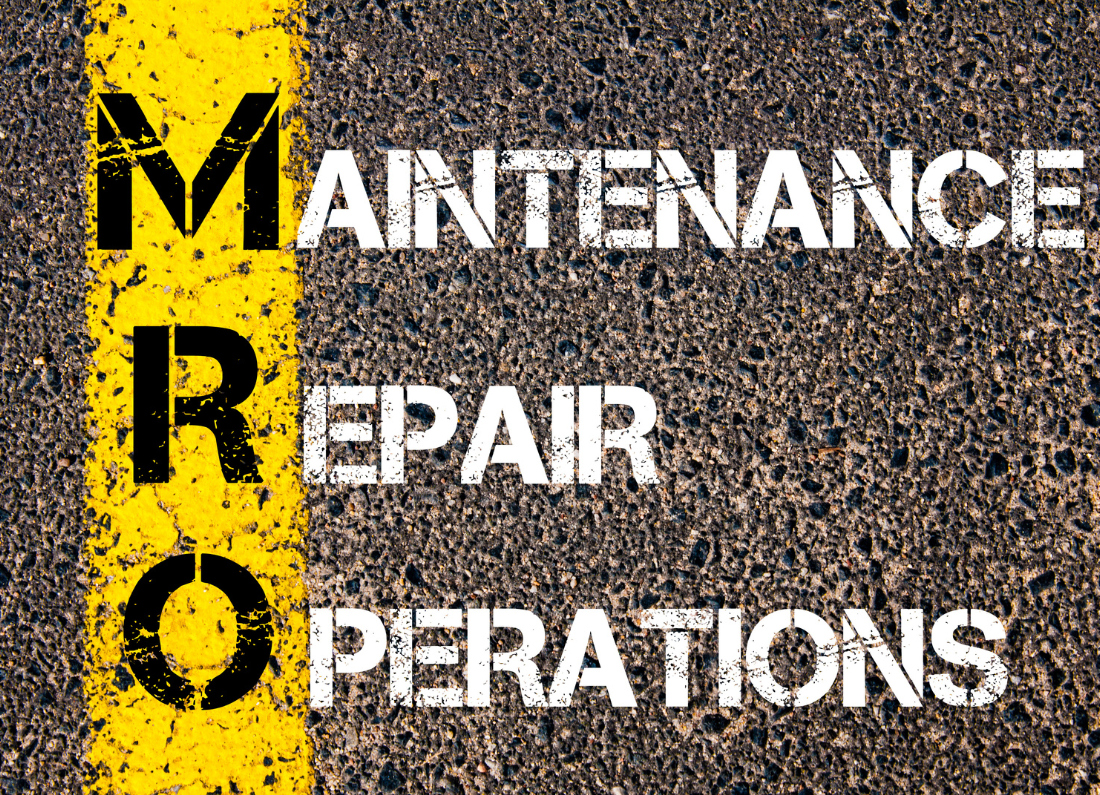For millions of air travelers, the journey does not truly conclude when the plane touches down; instead, it unfolds anew at the bustling baggage carousel, a scene of eager anticipation mingled with an undercurrent of anxiety. However, that joy can quickly morph into frustration when suitcases appear battered, torn, or, even worse, entirely missing. A significant culprit behind this distressing scenario is the mishandling by the ground crew, a silent issue that reverberates through the hearts of passengers and strains the integrity of airlines.
The Scope of the Problem
Baggage damage is not a mere oversight; it’s a pervasive global issue that affects countless travelers. From broken zippers that refuse to budge to crushed suitcases that barely resemble their former selves and missing belongings that fade into the abyss, the mishandling by ground crews leads to:
- An influx of passenger complaints echoing through customer service lines
- Financial burdens for airlines resulting from compensation claims that mount like unclaimed baggage
- Erosion of an airline’s brand and the fragile thread of customer loyalty
- Disruptions in operations when luggage must be hastily replaced or repacked, causing a ripple effect throughout the airport
Despite improvements over the years, industry studies reveal that the rates of mishandling persist, often due to the all-too-human factors of error, negligence, or the relentless pressure to perform quickly amid the hustle and bustle of ground operations.
Passenger Perspective: The Frustration is Real
“I invested in a hard-shell suitcase for its robust durability, only to discover it cracked and missing a wheel after my flight,” recounts Noraini Ahmad, a frequent traveler from Kuala Lumpur, her voice tinged with disappointment. “The airline compensated me, but the hassle and stress especially after a grueling long-haul journey, left a bitter taste. It wasn’t merely my bag that suffered damage; it was my trust that cracked under the pressure.”
Why Does It Happen?
A confluence of factors gives rise to the sad saga of baggage damage:
- Tight turnaround times: The relentless pressure to swiftly unload and reload baggage often leads to hasty and rough handling.
- Inadequate training: A concerning number of ground staff lack comprehensive training on proper luggage handling techniques, leading to avoidable mishaps.
- Fatigue and low morale: Long hours and physically demanding tasks can create lapses in attention and care, leaving bags vulnerable during transit.
- Lack of accountability: In some airports, a lack of oversight or minimal consequences allows careless practices to flourish unchecked.
The Industry’s Responsibility
To combat this troubling trend, airlines and airport authorities must take decisive action, focusing on:
- Enhanced training programs for ground handling staff that instill a sense of pride and responsibility in their work
- Strict enforcement of handling procedures to ensure that every bag is treated with the utmost care and consideration
- Investment in modern, automated baggage systems that minimize human error and enhance efficiency
- Improved monitoring, including the installation of CCTV in baggage areas to keep a watchful eye on operations
- Fostering a culture of respect for passengers’ belongings, emphasizing the importance of each item entrusted to their care
Protecting Passengers Starts on the Ground
Though passengers rarely witness the critical work of ground crews, their efforts profoundly shape the travel experience. Airlines that overlook the importance of proper baggage handling do so at their peril, risking not only damaged suitcases but also tarnished reputations that can take years to rebuild.
As the aviation landscape grows ever more competitive, airlines and airports must ensure that every ground crew member treats each bag with the care, professionalism, and respect it deserves. After all, for passengers, every journey is a significant tapestry woven together from takeoff to touchdown and beyond.

















Leave a Reply